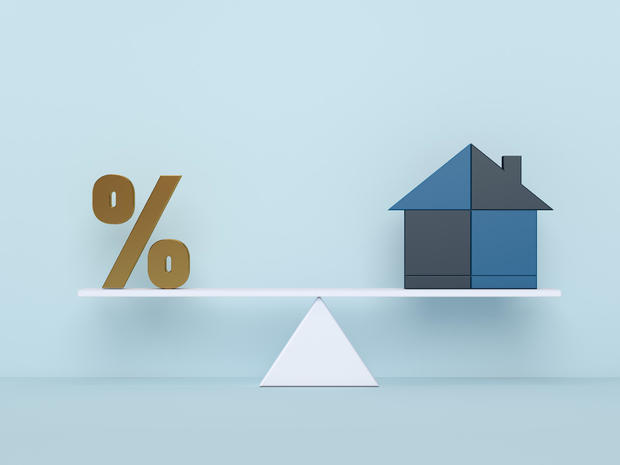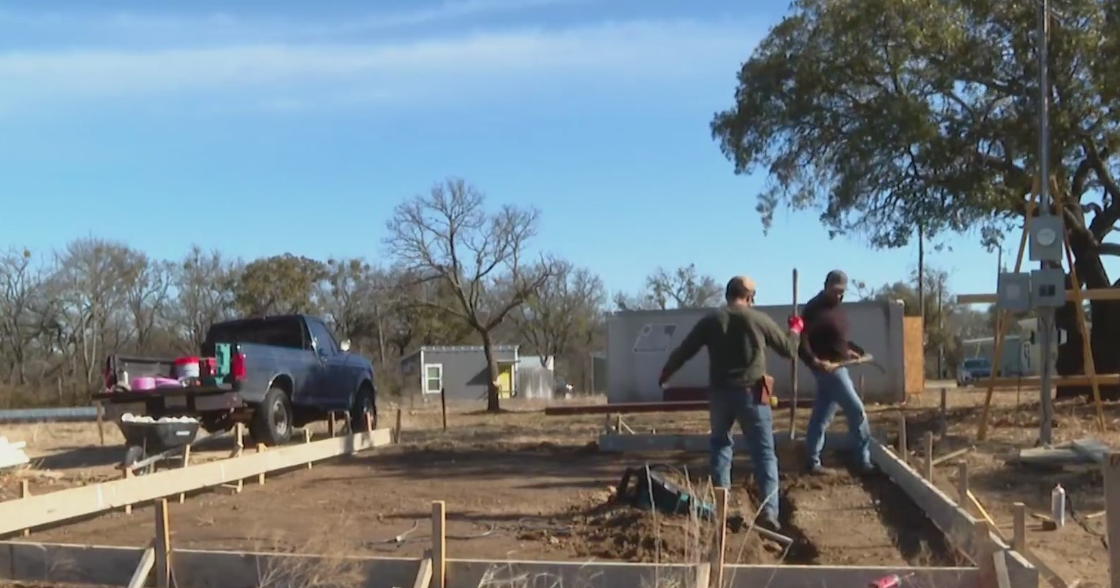Does an ARM make sense with today's high rates?
Persistent inflation — and the interest rate hikes designed to combat it — have made many things more expensive. From groceries to car loans to credit card payments, consumers are paying more across the board. And if you're a homebuyer, you've likely noticed it also costs more to buy a house these days.
As of August 2, 2023, the average rate for a 15-year mortgage is 6.44%, and the average rate for a 30-year mortgage is 6.98%. While rates may be nearing their peak, experts believe they could exceed 7% before they begin to cool off.
This can put homebuyers into a tricky situation. Do they get a fixed-rate mortgage at today's high rates, which will cost more over the long run? Or do they opt for an adjustable-rate mortgage (ARM), which can cost less initially, but may not be the smartest choice in some situations?
To answer that question, there are several things to keep in mind.
See today's mortgage rates here.
Does an ARM make sense with today's high rates?
"The current higher-rate environment presents a great opportunity to consider the merits of an adjustable-rate mortgage," says Craig Toberman, CFA, CPA, CFP, founder of Toberman Wealth.
But that doesn't mean an ARM is right for everyone. Here's what you need to know to decide if it's best for you.
How adjustable-rate mortgages work
ARMs are mortgages that start off at a relatively low rate, but that rate can change over time. The initial rate is fixed for a certain period (typically around five years). After that time, the rate fluctuates based on market rates.
Fixed-rate mortgages, on the other hand, have the same rate for the life of the loan. This rate is set when you get the mortgage, and it won't go up or down no matter what happens in the larger rate environment.
Compare your mortgage options online now.
When an ARM makes sense
The most obvious advantage of an ARM is that the initial interest rate is lower than a fixed-rate mortgage. When rates are high, as they are now, this can save you a substantial amount.
That, in turn, can free up cash for homebuyers on a tight budget or those hoping to use their money for other things, such as moving costs or home repairs. It can also be useful for those who need lower starting payments to afford a home but expect their income to increase in the future.
If you plan on moving out of your home before the initial rate expires, an ARM can be ideal because you won't reach the point where the rate could increase. This can allow you to put your money toward other financial goals, like saving for retirement or buying a new home.
"In today's environment of higher mortgage rates, and for younger buyers especially, an adjustable-rate mortgage is worth serious consideration so long as this is not the purchase of a 'forever home,'" says Toberman.
When an ARM may not be a good idea
While the initial rate is attractive, the eventual rate changes can make an ARM a risky choice for some homebuyers. You must be sure you can afford not only the starting rate but also any potential increases down the road.
In addition, if you plan on staying in the home for many years, you could end up paying more interest over the loan's lifetime than you might with a fixed-rate mortgage, depending on where rates go.
"If you intend for this to be your 'forever home,' a fixed-rate mortgage may still most likely be the best path forward," Toberman says.
View today's mortgage offers here to find one that's right for you.
The bottom line
Whether an adjustable-rate mortgage is right for you depends on your financial situation and long-term goals. While it can save you money — especially with rates as high as they are today — it's essential to weigh the benefits and drawbacks when deciding what type of mortgage to get.
If you're confident you can manage a higher mortgage payment in the future, or if you're only planning on living in the home for a short while, an ARM may be a smart choice. But if you prefer the predictability of set payments and plan on living in the home for many years, a fixed-rate mortgage could be a better fit. Bear in mind that you can also refinance your mortgage down the road if rates decrease.
In the end, the best option for you comes down to your financial situation, housing plans and preferences. When in doubt, consult with a financial expert for advice tailored to you.




